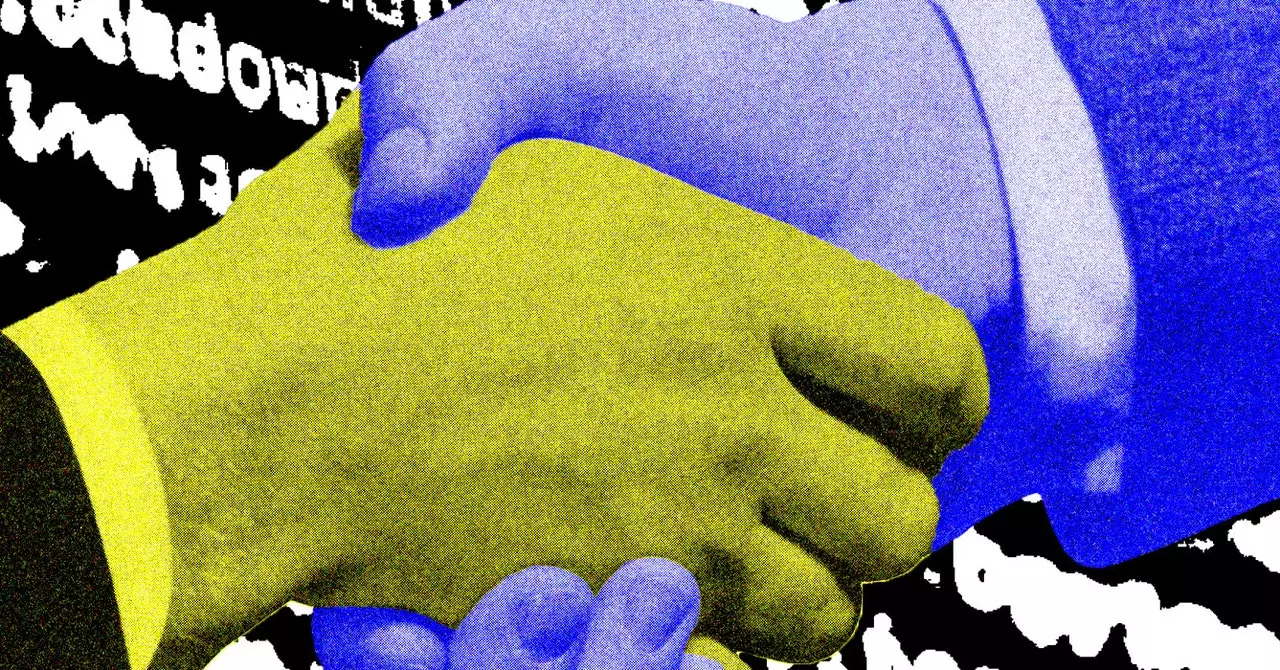The landscape of generative AI tools is evolving rapidly, with a shift towards more stringent regulations and licensing agreements for training data. While the initial wave of AI tools relied on scraping publicly available data from the internet, new restrictions are now in place to control how data is accessed and used. As the demand for data sources increases, licensing startups are emerging to facilitate the flow of source material.
One notable development in this space is the formation of the Dataset Providers Alliance (DPA), a trade group comprised of seven AI licensing companies. These companies, including Rightsify, Pixta, and Calliope Networks, are pushing for a more standardized and fair approach to data licensing within the AI industry. The DPA recently released a position paper outlining its stance on key AI-related issues, advocating for an opt-in system where data can only be used with explicit consent from creators and rights holders.
The shift towards opt-in systems represents a significant departure from the prevalent opt-out models used by many major AI companies. By placing the onus on data owners to actively give consent for the use of their work, the DPA believes that this approach is not only more ethical but also more respectful towards artists and creators. Alex Bestall, CEO of Rightsify, emphasizes the importance of opt-in systems as a pragmatic and moral solution to avoid legal repercussions and maintain credibility in the industry.
Ed Newton-Rex, founder of the ethical AI nonprofit Fairly Trained, criticizes opt-out systems as inherently unfair to creators, highlighting the lack of awareness among some data owners regarding their rights. He commends the DPA for championing opt-in systems as a more ethical and transparent approach. However, Shayne Longpre from the Data Provenance Initiative raises concerns about the feasibility of the opt-in standard, given the vast amounts of data required by modern AI models. He warns that smaller players may struggle to afford licensing fees, leading to a potential concentration of data ownership among large tech companies.
In its position paper, the DPA also takes a stance against government-mandated licensing, advocating for a free-market approach where data originators and AI companies can negotiate directly. The alliance proposes various compensation structures, such as subscription-based models, usage-based licensing, and outcome-based licensing, to ensure that creators and rights holders are fairly compensated for their data. These diverse models are designed to be applicable across various content types, from music to images, film, TV, books, and beyond.
As the AI industry grapples with the ethical implications of data ownership and licensing, the emergence of the Dataset Providers Alliance signals a paradigm shift towards more transparent and equitable practices. By prioritizing consent, fairness, and compensation for creators, the DPA is spearheading a new era of AI licensing characterized by ethical considerations and mutual respect. While challenges persist, the commitment to ethical data sourcing and fair compensation structures represents a positive step towards shaping the future of AI in a responsible and sustainable manner.


Leave a Reply